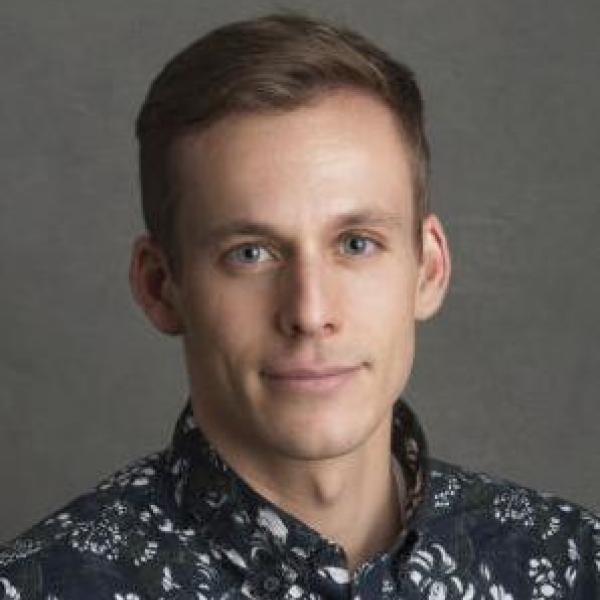Ph.D. Spanish and Portuguese, Princeton University, 2017 My academic background is in literature and linguistics, which I combine with research in art and architecture. I mainly write about 1920s-1960s Spain, although keeping a transnational perspective. I am currently completing a book manuscript titled Madrid 1937. Protective Avant-Gardes and the Burial of Monuments. Taking the avant-garde protection of Madrid monuments as centerpiece, I explore the Spanish Civil War experience of the so-called “death of monuments” due to their total incompatibility with modernity. I analyze novels, poetry, vignettes, protection projects, urban plans, propaganda and other media to inquire into different forms of protection and iconoclasm during wartime, and the resulting proposals for what a “modern monument” could be. With a conceptual history approach and through the lens of literature and artistic practices, I use monuments as a peephole to try to understand the war and the radical 1930s. The manuscript discusses issues such as the relation between ornament and hunger, between monuments and the masses--the monumental scale of construction and the massive scale of political mobilization. Some authors who engaged with monuments and I analyzed in the manuscript are writers such as Ramón Gómez de la Serna, Agustín de Foxá, Arturo Barea, Ramiro de Maeztu, María Teresa León, Federico García Lorca or Dionisio Ridruejo; artists such as Josep Renau; and architects such as Fernando García Mercadal or Josep María Sert. Related to my book project, I am curating a few exhibitions: one on exiled Republican writers in the Regenstein Library of the University of Chicago; another one on experimental monuments of international communism in the Schusev State Museum of Architecture, in Moscow; and the last one on Fernando Sánchez Castillo and Josep Renau, monumentality and mass mobilization in IVAM, Valencia. Besides this central research project, I am interested in other issues such as AIDS—I wrote the blog ASS (Amor, Sexo y Serología) between 2015-2017—and psychoanalysis—In 2014, I founded the Princeton Psychoanalysis Reading Group, which in 2015 organized the conference Freud Today at the Freud Museum in Vienna. In 2016-2017, I was a Fellow of the American Psychoanalytic Association.
Miguel Caballero Vazquez
Affiliated Departments and Centers:
Center for Latin American Studies
Subject Area:
Hispanic and Luso-Brazilian Studies

